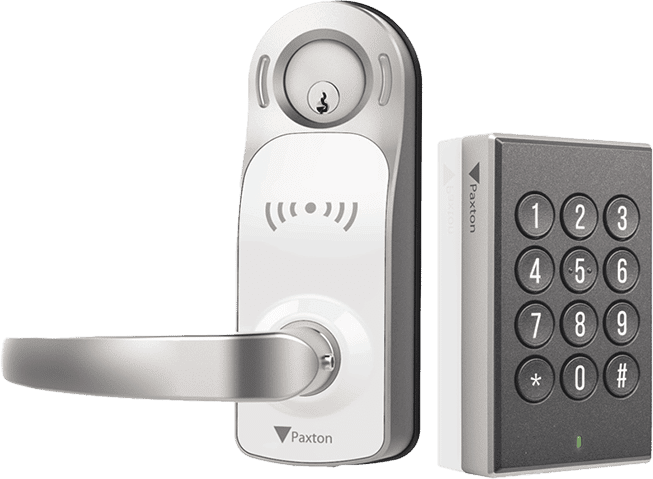 Nashville is an ever-expanding city, and, as such, crime within its confines continues to increase. This puts businesses at a disadvantage. However, if you implement access control protocols both online and for your physical location, you can keep your assets safe.
Nashville is an ever-expanding city, and, as such, crime within its confines continues to increase. This puts businesses at a disadvantage. However, if you implement access control protocols both online and for your physical location, you can keep your assets safe.
Access control is, as the name suggests, a method to go about restricting who has access to various parts of your business. There are two types of access control: physical and logical. Physical access control limits who can go in and out of your building and, taking that even further, directs where certain groups or individuals can go once they enter. Logical access control has to do with your cybersecurity protocols, and this includes things like passwords and two-factor authentication.
Overall, access control software works to identify users based on credentials. This could be biometrics, a PIN number, or a swipe card. Users who fail to provide verification of their identity are denied access to data, systems, or locations.
Why Is Access Control Important?
There are many obvious reasons that having your building and software systems access controlled makes sense. First is to protect your customers’ data. Restricting who can move about your building and systems reduces the chance of hackers coming across personally identifying information that might then be used or sold on the dark web.
Another important reason for access control is to remain in compliance in your industry. Health care, financial services, and IT firms may be subject to HIPAA, SOC 2, or other security regulation. Allowing free access may violate these rules.
Which Type Of Access Control Is Best?
It is not enough to simply know that you need to control access to your building or data; you must also decide the type of access control system that’s best for you. There are six to choose from:
- Attribute-based. Attribute-based access control is a type of authentication that asks for things like age or location. Verification is not usually necessary.
- Discretionary. Discretionary access control relies on administrators to set policies to determine who has access.
- Mandatory. Mandatory access control is often used in military environments. It is a challenge to manage and may grant access based on a device or specific user input.
- Role-based. Role-based access control is used by Nashville businesses that need multi-level security. You can think of this as clearance levels.
- Rule-based. Rule-based access control may only allow access to individuals at certain locations or during business hours.
- Break-glass. Break-glass access control is used in case of an emergency and often in a healthcare environment. A visiting physician, for example, may need to access the medical records of a patient injured in an accident; the doctor does not have credentials, but allowing access to this private information could save a life.
Ultimately, the type of data you have, what you do, and the trust level in your employees should weigh in your decision on the types of access control products and procedures you use. If you need additional information, ClearLink Systems can walk you through options and help you make a more informed decision.
